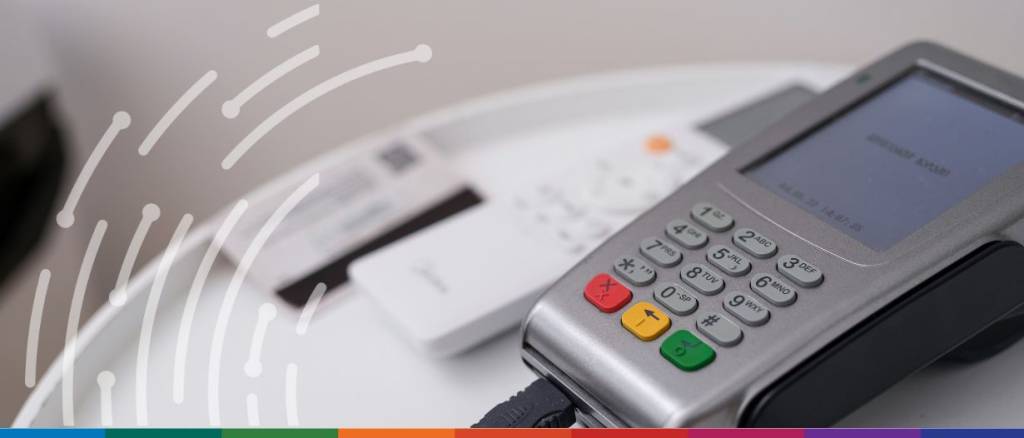India’s central banking authority is encouraging domestic banks to advise their clients to settle trade transactions between the United Arab Emirates and India using the dirham (AED) or Indian rupee… read more →
Visa, and Conferma Pay, a virtual payment firm, have unveiled plans to bolster their ongoing partnership. Their primary focus is to refine Visa Commercial Pay, an array of B2B payment… read more →
India has permitted banks in 22 partner nations, including Russia and the UK, to establish “vostro” accounts within its borders, the government informed the parliament on Tuesday, aiming to bolster… read more →
Yellow Corp, an American haulage firm with nearly a century of history, filed for Chapter 11 bankruptcy protection this Sunday. This action came as a result of considerable debt accrued… read more →
Any business participating in international commerce normally needs to make payments in foreign currencies to suppliers/sellers overseas for goods and/or services sourced from other countries.
A new report by Neo, a provider of FX and payments services, reveals that SMEs continue to rely heavily on traditional banks for cross-border payments, leading to challenges in terms… read more →
In a bid to bolster the global presence of the Indian rupee, India and the United Arab Emirates have reached an agreement to utilise their respective local currencies for cross-border… read more →
Volante Technologies, a company specialising in cloud payments modernisation, has expanded its existing collaboration with KPMG LLP. The two have developed a new ISO 20022 maturity model designed to assist… read more →
Cross-border payments are an essential part of the global economy. Historically, the cost and potential delay of processing have added unnecessary friction to commerce. As payments wait to be settled, gaps in visibility can frustrate both sides of the transaction.
In the ever-revolving landscape of trade payments, a notable trend is gaining momentum as the global financial industry embraces ISO 20022 – a data-rich and interoperable universal messaging format set to replace the legacy Message Text (MT) that has prevailed for years.





















